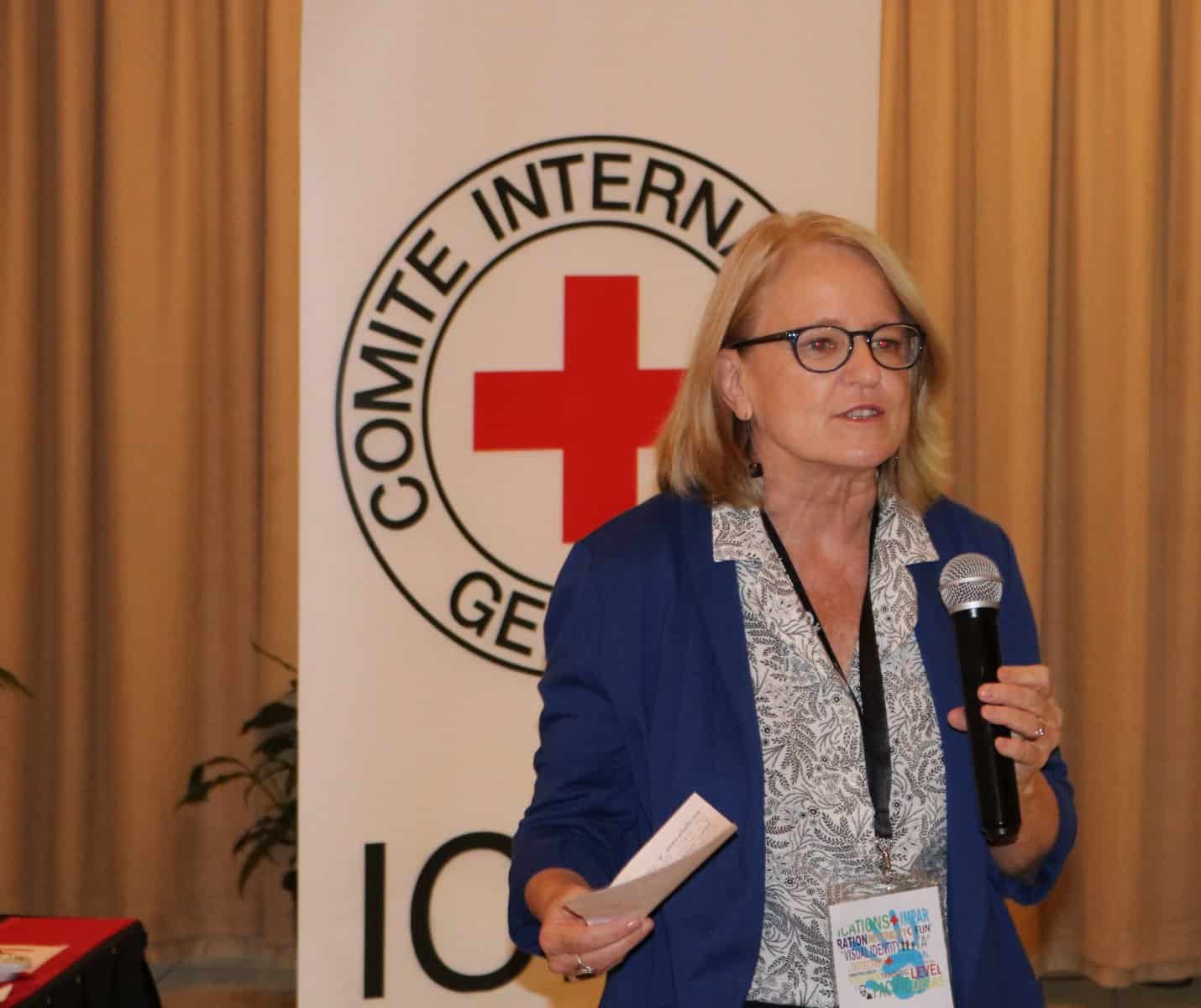It was a time to reflect, prepare, support, and respond for the Pacific National Red Cross Societies as they met face-to-face for the first time since COVID for five days in Nadi this month.
The Head of the International Committee of the Red Cross (ICRC) Regional Pacific Delegation, Vincent Ochilet, reiterated the importance of this forum by providing a space where the representatives from across the 12 Pacific Islands Red Cross National Societies can engage in dialogue.
Ochilet said, “The first couple of days focus on public communications, which is a vital aspect in strengthening Pacific Island National Red Cross Societies’ programming and operations.”
This included preparing for and responding to major disasters he said, “such as the volcanic eruption and consequent tsunami in Tonga or the frequent tropical cyclones affecting the region,” he said.
The weeklong forum included robust discussion around key areas such as public communications, climate change, restoring family links in a disaster, international humanitarian law dissemination, as well as support to prepare and respond to any situation of unrest.
“I was told you’d never really meet anybody in the Pacific until it’s face to-face, and I think it’s true, so we were all very excited to see each other,” said ICRC Regional Head of Cooperation, Leslie Leach.
“It was joyful to get together to start, but it also provided the opportunity for five full days where we could engage together bilaterally, together as groups, and we engaged on topics of common interest, the areas we want to dig into and work together,” she said.
Reflection
There were several events that kept the region on high alert, including rioting in the Solomon Islands.
During that period, Leach said there was daily communication between the ICRC and the Secretary General to support their actions, and ensure they were safe because their offices were in Chinatown. “The very interesting part was that the majority of the buildings were burned down or affected in some way in Chinatown, but the Red Cross building was left alone,” Leach said.
“Not only that, but on the second day of unrest, the Solomon Islands Red Cross decided to drive into Chinatown to see if anyone needed support.” In fact, there were people up on the second floors of the buildings who were afraid to come out, so when they drove in they weren’t sure how they were going to be received,” she said.
Leach said that the drive through Chinatown took a lot of courage, but that “As soon as they saw the Red Cross emblem, they were given entry.”
This easy access allowed the Solomon Red Cross to transporting doctors and pregnant ladies after they delivered, because government ambulances were refused entry, and take other residents to quarantine facilities.
“The Red Cross booked a bus with our flags to take them safely so they wouldn’t be attacked,” said Leach.
Humanitarian work is not an easy job, and for some, they need to connect to reassure, motivate, and keep each other empowered through traumatic events. This was the case for workers on the response to Tonga’s volcanic eruption.
Leach said what mattered to the Tongan communication officer during the meetings “was that she needed to connect with her Pacific colleague, that she needed that Pacific connection to know that everything was going to be alright.”
Breakdown in communications infrastructure and other restrictions were frustrating. “Some of them expressed the fact that they were extremely frustrated because they knew what support the people needed and they were unable to move, so that was something that affected them for some time,” Leach said.
The ICRC is also a hub for restoring family links. In the case of Tonga, it was clear that this technical communication support was crucial. “So we are going to try and strengthen that approach and participate in how we can help with that because it is necessary for restoring family links,” Leach said.
